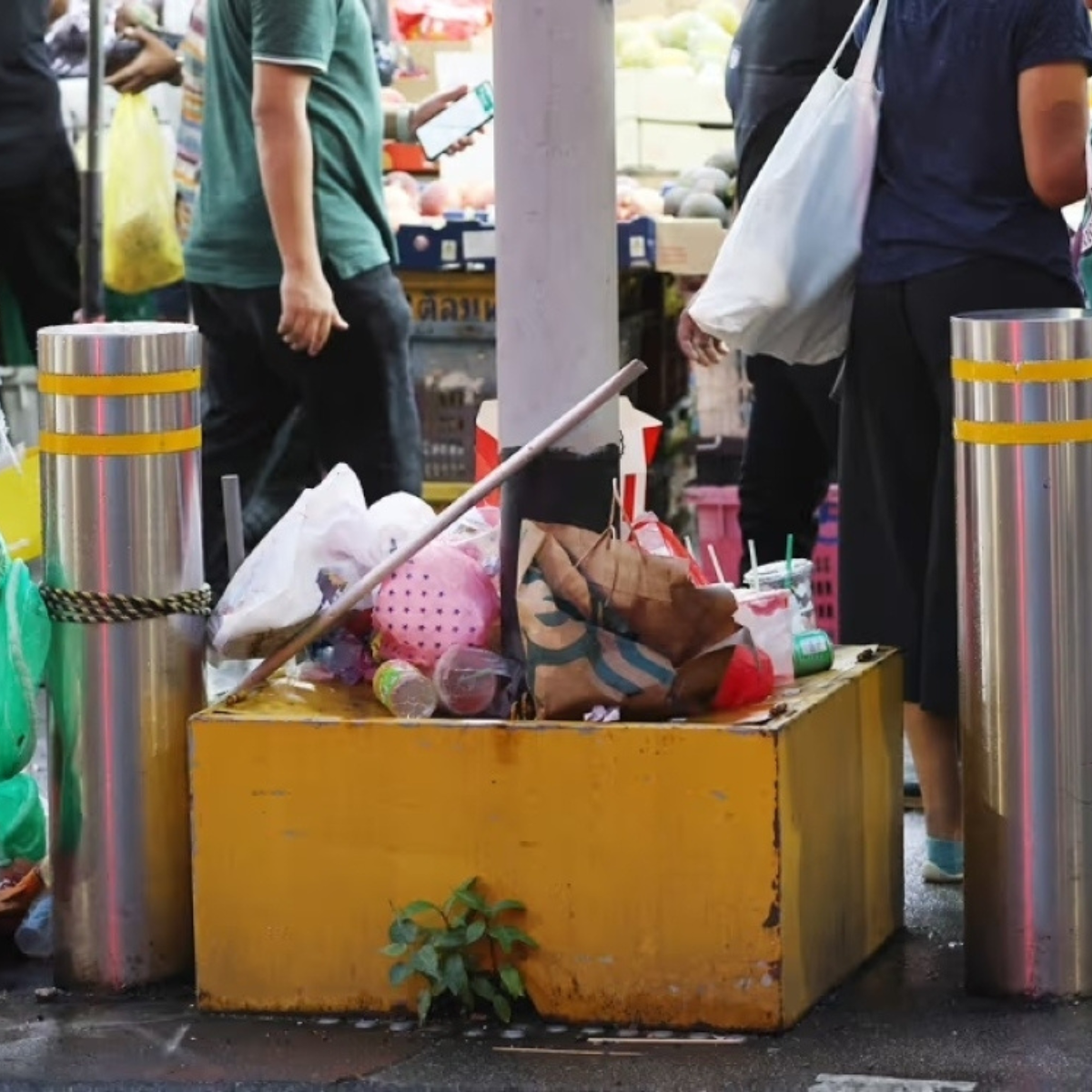KUALA LUMPUR, Jan 23 — Two foreign nationals have become the first individuals in Malaysia to be charged in court for littering under the newly enforced anti-littering law, according to a report by The Star.
DHAKA, May 6 — Bangladesh had hoped to mark a milestone this year in its fight to eliminate tuberculosis, having dramatically reduced the death toll from the preventable and treatable disease. But instead, the country is grappling with the devastating effects of a sudden US$48 million aid cut by the United States, which health experts warn could reverse years of progress and trigger thousands of avoidable deaths.
“I was told I had a serious type of tuberculosis,” said 35-year-old labourer Mohammed Parvej, speaking from his hospital bed in Dhaka. He was diagnosed and treated by healthcare workers funded through US aid after they identified his chronic cough. However, his multidrug-resistant TB requires over a year of hospitalisation and intensive care—support now in jeopardy due to the funding withdrawal.
“Bangladesh is one of the top seven countries globally in TB prevalence, and we’ve set a goal to eradicate it by 2035,” said Dr Ayesha Akhter, deputy director of a specialised TB hospital in Dhaka that was previously funded by the United States.
Thanks to sustained efforts, TB-related deaths in Bangladesh dropped from over 81,000 in 2010 to 44,000 in 2023, according to the World Health Organization (WHO). Much of this success was made possible by support from the US Agency for International Development (USAID).
“We had a strong programme in place,” Akhter said. “Then, suddenly, USAID pulled out.”
Impact Beyond Tuberculosis
The funding cut is part of a broader rollback, with over 80 per cent of USAID’s global humanitarian programmes reportedly cancelled.
Tariful Islam Khan of the International Centre for Diarrhoeal Disease Research, Bangladesh (ICDDR,B) said that from 2020 to 2024, US funding enabled mass screenings that led to the detection of over 148,000 TB cases, including 18,000 in children.
“This work is essential not only for Bangladesh’s public health but for global efforts to control TB,” he said, warning that cuts could have ripple effects across the region.
The impact extends to broader healthcare areas. USAID had played a vital role in vaccine programmes protecting 2.3 million children from diphtheria, measles, polio, and tetanus.
“I’m especially concerned about the immunisation drive,” said Nurjahan Begum, health adviser to the interim government that took office following last year’s political upheaval. “Any disruption could compromise the progress we’ve made.”
Other initiatives, like a newly launched nutrition programme for malnourished children, have also been stalled. “We had just started the project,” Begum said. “Now, it’s all on hold.”
Looking East: A Shift Toward China
While the US State Department has defended the cuts, stating that future aid must align with American interests and efficiency, Bangladesh is now seeking alternative partners.
With its garment industry bracing for the expiry of a temporary suspension on US tariffs, Bangladesh is exploring support from other nations. Several Arab countries have shown interest, while China and Turkey are also seen as potential replacements for US support.
The cuts have already led to job losses. According to The Daily Star, up to 40,000 people may have been laid off. Zinat Ara Afroze, one of 55 staff dismissed from Save the Children, expressed concern for those she once served.
“These programmes have changed lives—from health and nutrition to environmental protection and civic education,” she said. “Now, many of those communities face immediate crisis.”
Rohingya Refugees at Risk
Among the hardest hit are the Rohingya refugees who fled violence in Myanmar and have been living in overcrowded camps in Bangladesh since 2017.
Much of the US support for the refugees was channelled through WHO and UNICEF. Salma Sultana, a WHO official, warned that the funding cut increases the risk of uncontrolled disease outbreaks in the camps, including cholera.
UNICEF’s Faria Selim said children under five—estimated at 160,000—will be the most affected by declining health services. Hepatitis C, already affecting nearly 20 per cent of the camp population, is expected to worsen in 2025.
Masaki Watabe of the UN Population Fund (UNFPA), which works on maternal and reproductive health, said efforts continue despite the financial shortfall. However, closed clinics and unpaid midwives are pushing maternal and infant mortality rates higher.
“Reduced donor support is putting mothers and newborns at greater risk of dying from preventable causes,” he said. — AFP






